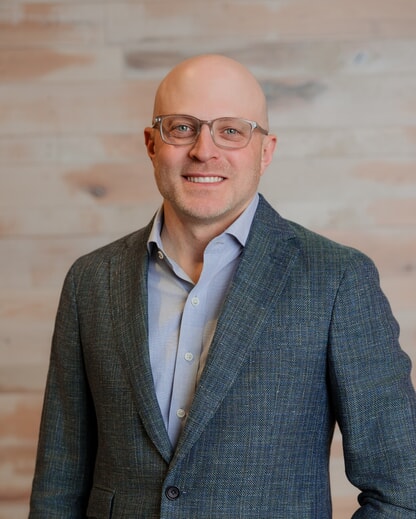All organizations must be prepared to defend against a liability claim. Claims come in many forms…allegations of abuse, the result of a significant adverse event, or a simple matter of an unhappy family member who has unrealistic expectations.
Organizations need to look at several operational elements to ensure defensibility if a claim is filed. The organization’s policies, procedures, and programs (Risk, Quality, and Safety Committees), employee relations (hiring process and training), elements of the admission process (expectations management, screening for high-risk areas, etc.), documentation in the medical record, and management of high-risk areas—skin integrity, falls, elopement, abuse, and medications are all key components that will play a part in defending the organization against allegations.
A recent webinar provided by CG and Pendulum Risk Management discusses how to achieve a level of defensibility.
The key takeaways on how to prepare senior living facilities for potential lawsuits are listed here:
- Lawsuits are common: Litigation is a major concern in senior care settings.
- Be Prepared: Proactively prepare for potential lawsuits by having strong defensible practices in place.
- Focus on Prevention: An ounce of prevention is worth a pound of cure. Proper staffing, training, and resident assessments can help avoid incidents that might lead to lawsuits.
- Key Areas for Attention: Falls, skin integrity, medication errors, elopement, and abuse are common reasons for lawsuits.
- Defensible Action Plan (DAP): Create a checklist to guide your response after a major adverse event. This plan should include reviewing resident care plans, incident reports, and medication records.
- Proactive Measures:
- Conduct regular staff training.
- Standardize incident report forms with checkboxes for better data collection and reduced risk of opinion-based entries.
- Have a plan for media communication in case of an incident.
- Consider using memorandums of care (MOCs) to manage resident expectations at the time of admission.
- Conduct hazard vulnerability assessments to identify and mitigate potential risks in the facility environment.
- Toolkit for Defense:
- The Pendulum Portal offers free resources including sample holding statements, adverse event protocols, and incident management tools.
- Additional Tips:
- Avoid using the term "fall prevention" and instead focus on "fall management" or "fall mitigation" because falls are inevitable.
- Consider having a defense attorney on retainer.
By following these recommendations, senior living facilities can improve their defensibility and be better prepared to manage legal challenges.
Watch the full webinar here.



.jpg)
.jpg)
.jpg)
.jpg)
.jpg)
.jpg)
.jpg)
.jpg)
.jpg)
%20(1).webp)